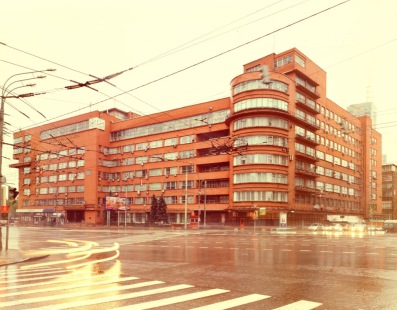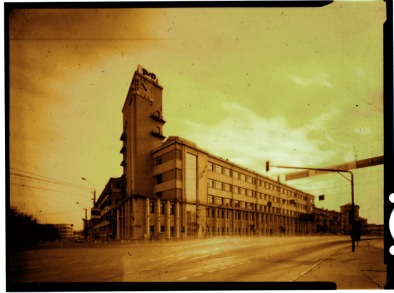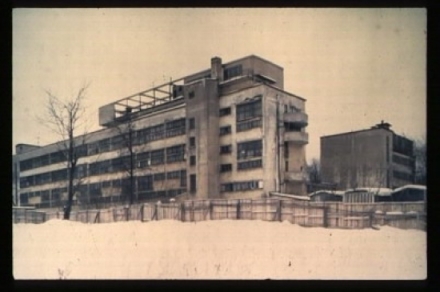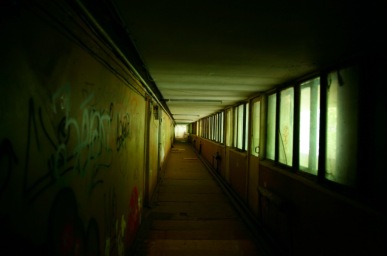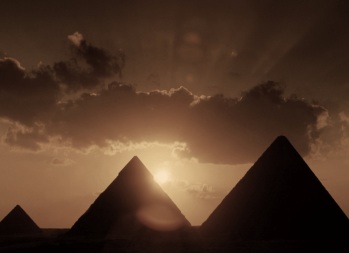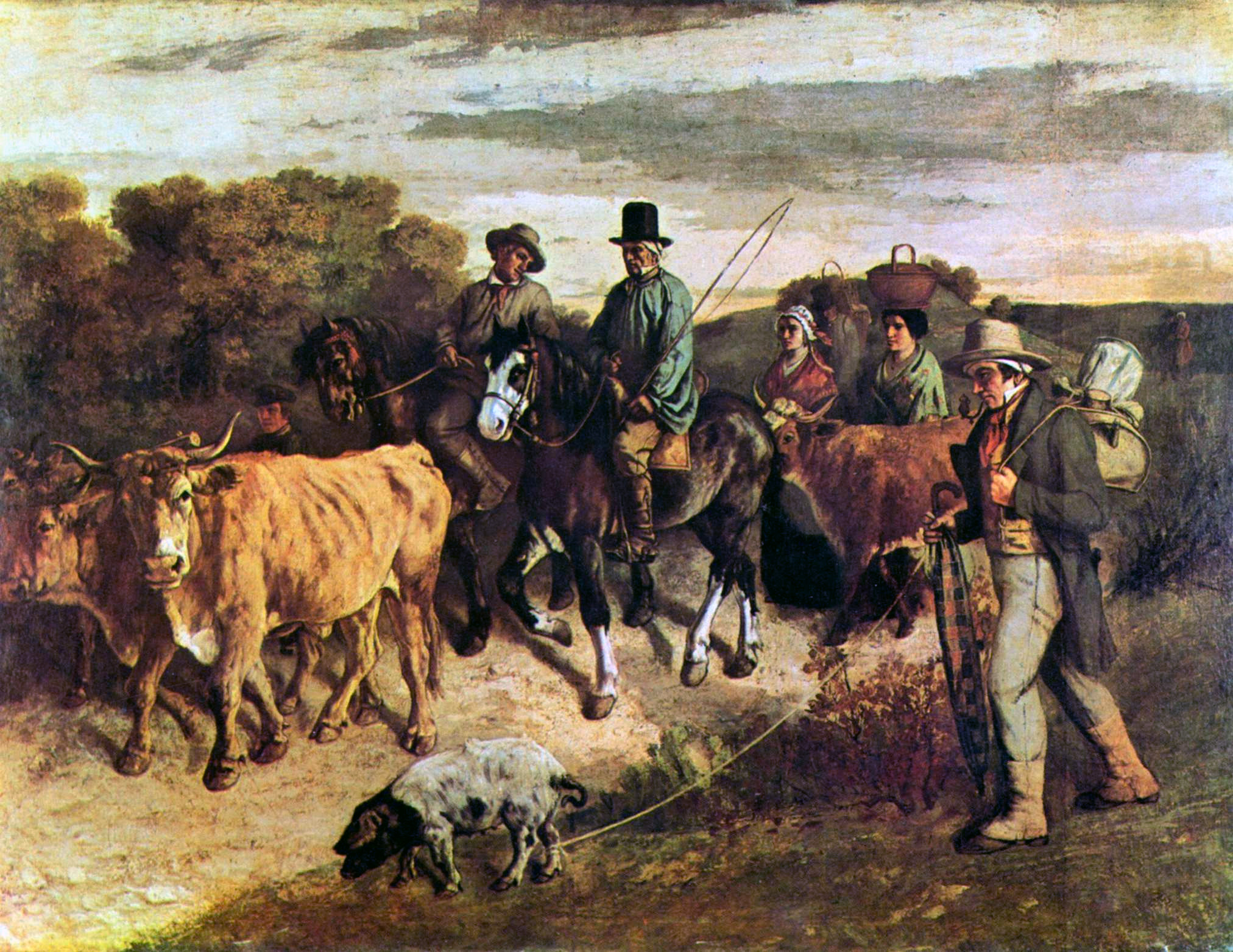
Corbet, “Farmers of Flagey returning from market” (1850)
A brief note by way of preface:
What follows is extremely, extremely reactionary. Obviously, in no way do I endorse or support any of the views it advocates. Louis de Bonald was a central figure in the Catholic counter-enlightenment, an ultrareactionary French royalist who ferociously condemned liberalism, republicanism, Jacobinism, the Enlightenment, science, and commerce in general. As I once tried to explain to a friend, de Bonald makes de Maistre look like Robespierre.
Part of his anti-modern ideology was its nostalgic portrait of the French countryside, the quaint customs and “rootedness” of agricultural life, and so on. Now it’s clear, of course, that present-day proponents of a “return to the land” —a process sometimes referred to, rather absurdly, as “repeasantization” (a term used by “Jewbonics” blogger Max Ajl, among others) — don’t necessarily wish for a return to old-style spirituality/religiosity, conjugal patriarchy, illiteracy, etc. But still, it’s helpful to know where this atavistic ideology originally stems from.
When we see our liberal philosophers so exclusively preoccupied with commerce, industry, the progress of manufacturing, and the discoveries of the mechanical arts, we are led to admire the mutable nature of philosophical opinion. There is no lack of material for a new Bossuet to write a History of Its Variations.
The agricultural state, the first condition of man, is essentially monarchical. The territorial property is a little kingdom, governed by the will of the head and the service of the subordinates. Thus the Gospel, which is the code of societies, often compares the kingdom to the agrarian family. The good sense or habits of an agrarian people are much closer to the best and most sane political ideas than are any of the idle minds in our cities, whatever be their knowledge in the arts and physical sciences.
Farmers live in peace, and can have neither rivalry nor competition among one another. Merchants are in a necessary conflict of interests with one another. We might say that the farmer, who leaves each to his own land, unites men without bringing them together, and that commerce, which shuts men up in cities and puts them in continual relations, brings them together without uniting them.
Nobility in France was, for the family, a hereditary devotion to public service, and for the individual, the exclusion from all mercantile professions.
A republic is a society of private individuals who want to obtain power, just as a commercial society is an association of private individuals who want to make money. This identity of principles makes republics commercial and commerce republican.
Thus Rousseau admires nature, and that only in its wild state. He would willingly take us back to eating our meat raw, wearing the skins of beasts, and sleeping in the shelter of trees or a lair. In society he saw naught but servitude, weakness, crime, and misery. His complaints against it were all drawn from wild nature: the savage’s independence from men and human needs, his natural goodness, his bodily rigor.
But our hard Spartans have become effeminate Sybarites. The other philosophers speak only of the arts and industries that multiply our needs and pleasures, and they should like to see us all floating through life in palaces of gold and silk. Of frugality, temperance, and moderation of desires they no longer speak. For man in society, life is reduced to producing for consumption and consuming to produce. To them, society as a whole is divided into two classes: producers and consumers. The philosophers of recent centuries also bitterly and arrogantly denounce conquerors and their wars of conquest. Yet when they found these conquests profitable to their doctrines, they sounded trumpets to honor the conqueror, and in their philanthropy, benevolence, and humanity, they pardoned him for these appalling wars, whose success was secured by a profound disregard for mankind pitilessly sacrificed to the extravagant dreams of ambition.
Today these philosophers demand the independence of industry, the most dependent of all professions. They see commerce as the bond of peoples and the guarantee of peace in the world, even though the jealousies of commerce have been the subject of all our wars for some time, as they shall be for all those waged in the future. To commerce they attribute the spirit of liberty that has spread over Europe, although all the merchants, even the wealthiest of them, daily or even hourly shackle their personal liberty by pledging themselves as security for loans both large and small.
Today some would confuse industry and agriculture and even place them in the same rank in society. Let us, however, distinguish them in their character and effects, and by their varying influences upon the mind and habits of men and the constitution of states. This question is not foreign to the measure on primogeniture that has been submitted to the chambers, inasmuch as those who would establish or permit it for the land-owning family have never intended to extend it to the industrial family.
Agriculture feeds her children, but industry gives birth to children she cannot feed.
The child who comes into the world in an agricultural family finds his sustenance already assured, for the earth that his parents cultivate in his turn awaits him to give him is bread.
The child born into an industrial family expects his sustenance from the salary he will earn if a master employs him, and if his industry is not stricken by events that could make it falter, or shut down, or prevent the sale of its products.
The farmer lives from his produce even when he does not sell it. The industrial worker cannot live unless he sells what he produces.
Thus, the agricultural family enjoys an existence independent of men and events, while the industrial family is dependent upon them both.
A farm is indeed a family whose head is the father. Whether he owns or rents the farm, he busies himself with the same labors as his servants and eats the same bread, often at the same table. The farm nourishes all its offspring. It has occupations for those of all ages and both sexes. Even the elderly, who cannot perform heavy labor, finish their careers as they began it and stay around the house watching the children and animals.
There is nothing similar to this in the industrial family, whose members work in isolation and often in different industries, and who do not know their master apart from the exigencies of his commands. Industry does not nourish all ages and both sexes. It does employ the child, and often so young that his health and strength are ruined. The child may receive some instruction, but he is abandoned in his advanced years when he can no longer work. Then the industrial worker has no bread except what he takes from his children’s salary or what he receives from public charity.
The farmer toils from the rising to the setting of the sun but never at night. He rests on Sunday and takes up his work again on Monday. The industrial worker works even at night in order to gain a higher salary, especially when he works at home by the piece. Whether he rests on Sunday or not, overheated by his forced labor, on Monday he debauches.
The farmer works outside and standing up. He strengthens his body by the hard and painful labor of the fields and exerts his intelligence upon the numerous details and variations in the culture of the earth, trees, and beasts. He tames the animals and forces rebellious nature to submit to his care. The industrial worker works hunched over and sedentary, turns a crank, makes the shuttle go to and fro, and pulls together the threads. He spends his life in cellars or attics and, becoming a machine himself, he exerts his fingers, but never his mind. It can thus be said that there is nothing less industrious than the industrial worker.
Everything improves the intelligence of the farmer and lifts his thoughts towards Him who gives fruitfulness to the earth, dispenses the seasons, and makes the fruit ripen. Everything debases the intelligence of the worker. He sees nothing above the master who employs him, or at best the inventor of the machine to which he is attached.
We can thus say that the former waits for everything from God, and that the latter receives everything from man.
The farmer tells his neighbors of his discoveries and new processes that he invents to improve his cultivation. The industrialist and the merchant keep their speculations secret. We can thus say that the agriculture that disperses men about the countryside unites them without bringing them together, while the commerce that crowds them into cities brings them together without uniting them.
The agricultural population is strong and vigorous, the industrial population frail and sickly. Not long ago a judge in a small canton in Switzerland bitterly deplored the degeneration of the beautiful people of his country since workshops and factories had been established in it.
Nor am I afraid to advance that there are nowhere more beggars than in manufacturing cities and industrial countries. England is the proof of this, for in spite of its immense fortune and widely extended industry, a large part of its inhabitants falls under the charge of the landholders. Their poor-laws are an oppressive tax. What does it matter that their poor are better clothed and better nourished than ours, if they are clothed and nourished only by public charity and parish offices? Continue reading →
With lightning telegrams:
Like this:
Like Loading...
